The tennis clubs know big disparities. Indeed, depending on their history and their geographical location, they do not necessarily have the same "nature". Some clubs, inspired by the will of the leaders, take a family form. They revolve around a very active life and a life centered on events, moments of sharing. They organize an annual ball, an annual barbecue, etc.
Others are focused on competition. In leagues, we very often find the same clubs with the best players, in competitions, the best players very often come from the same regional club nucleus. When a so-called "rural" club forms a very good player, the latter is very often attracted to the best clubs in the region, most often urban. The geographical situation thus plays its role and this is explained by the fact that the big cities have many tennis clubs, and therefore many tournaments. This allows much less travel, and much less long travel, and therefore easier practice of competitive tennis for the players, which also leads to greater progress.
The geographical situation also plays for some clubs located on the coasts. These clubs very often have a tourist attraction. They are generally very calm winter, and the summer is very animated by the massive influx of tourists. They are therefore more centered on an economic aspect. Jean-Michel Peter and Philippe Tétard[1] also highlight that tourism has had an influence on the spread of tennis: “This success, the FFT - which is today the most important federation in individual sport - owes it in particular to distant Anglo-Saxon roots, since tennis gained France by its coasts and its beaches, at the instigation of the tourists English, major exporters of sports fashions. (…) Tennis is first and foremost beach tennis, before conquering the entire seaside area. (…) They underline (the postcards) the key role of seaside and tourist development in the establishment of tennis in France ».
[1] PETER Jean-Michel and TETARD Philippe, “The influence of seaside tourism in the spread of tennis. The case of France from 1875 to 1914 ”, STAPS : 2003 / 2, 61 number, 73 - 74 pages.
Pierre studied STAPS, and validated a master's degree in sports management, after studying in Reims, Frankfurt and Lille. I discovered the padel in 2014 during my Erasmus year in Frankfurt thanks to a Spanish friend. Damn it is good padel !

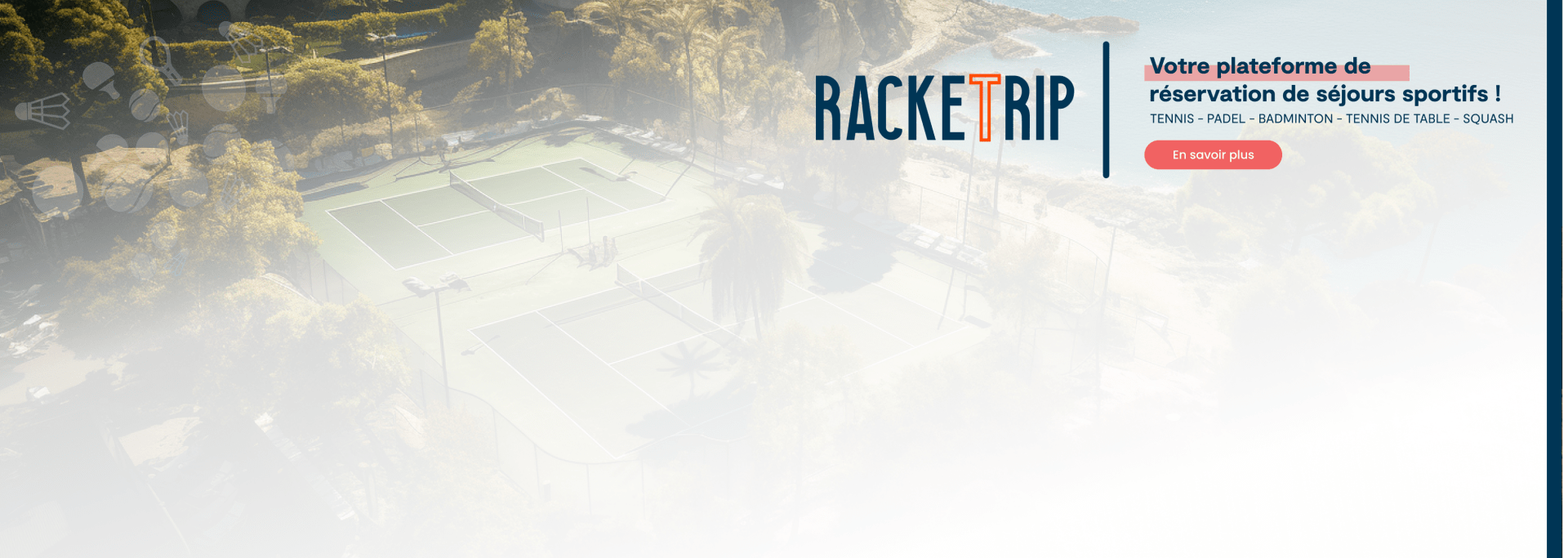


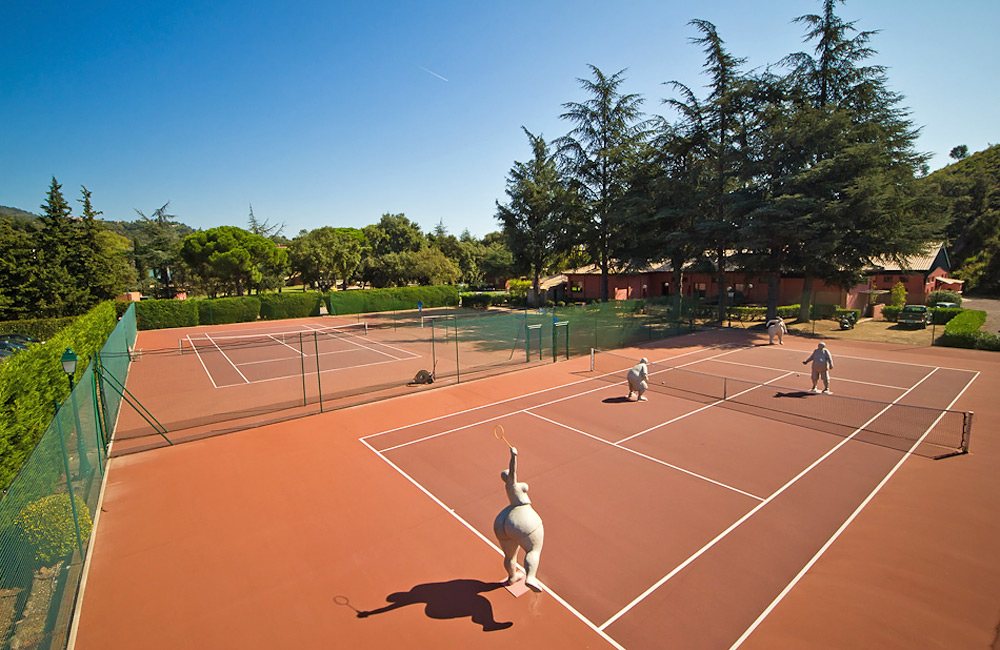











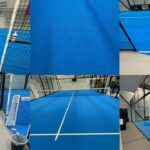













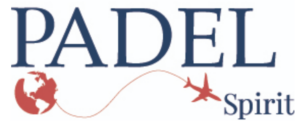
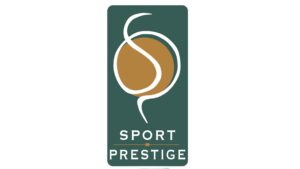
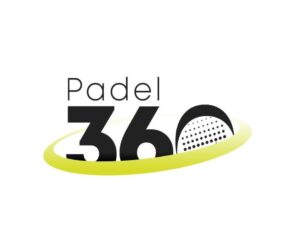
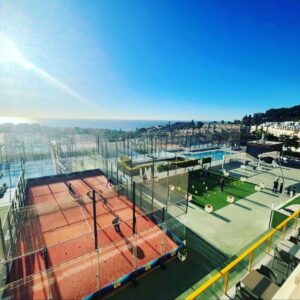




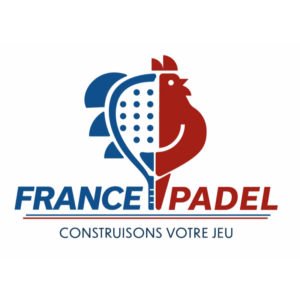





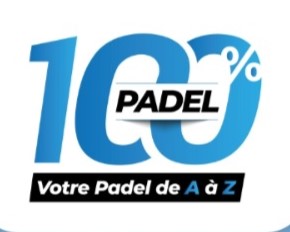


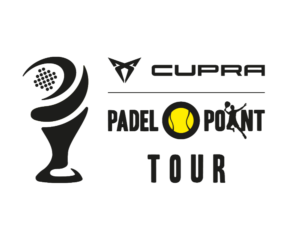

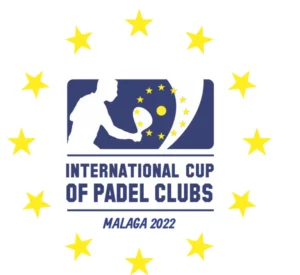




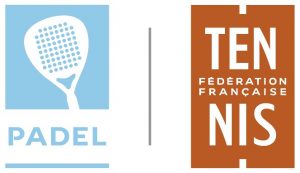













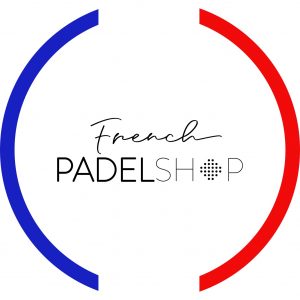

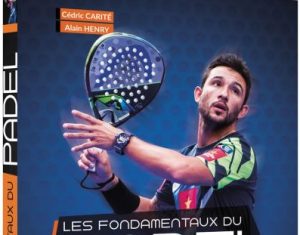


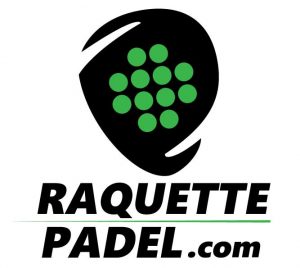
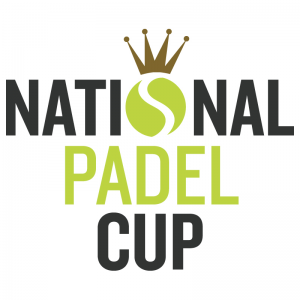
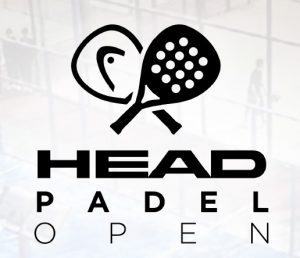





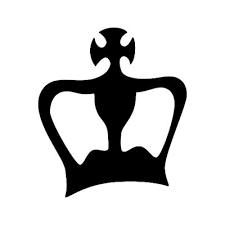


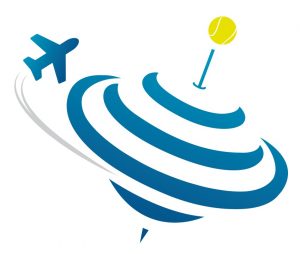
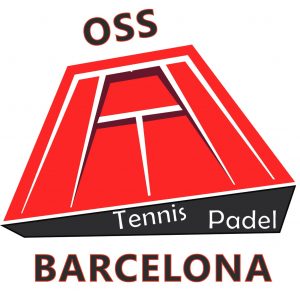
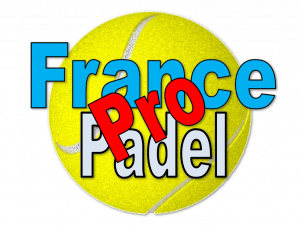




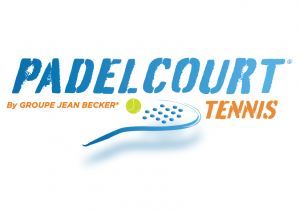

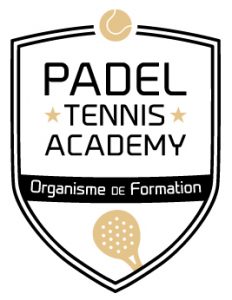
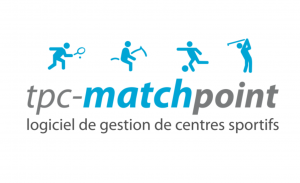

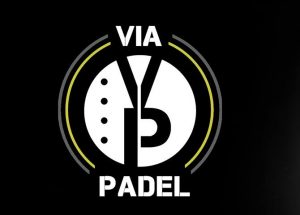




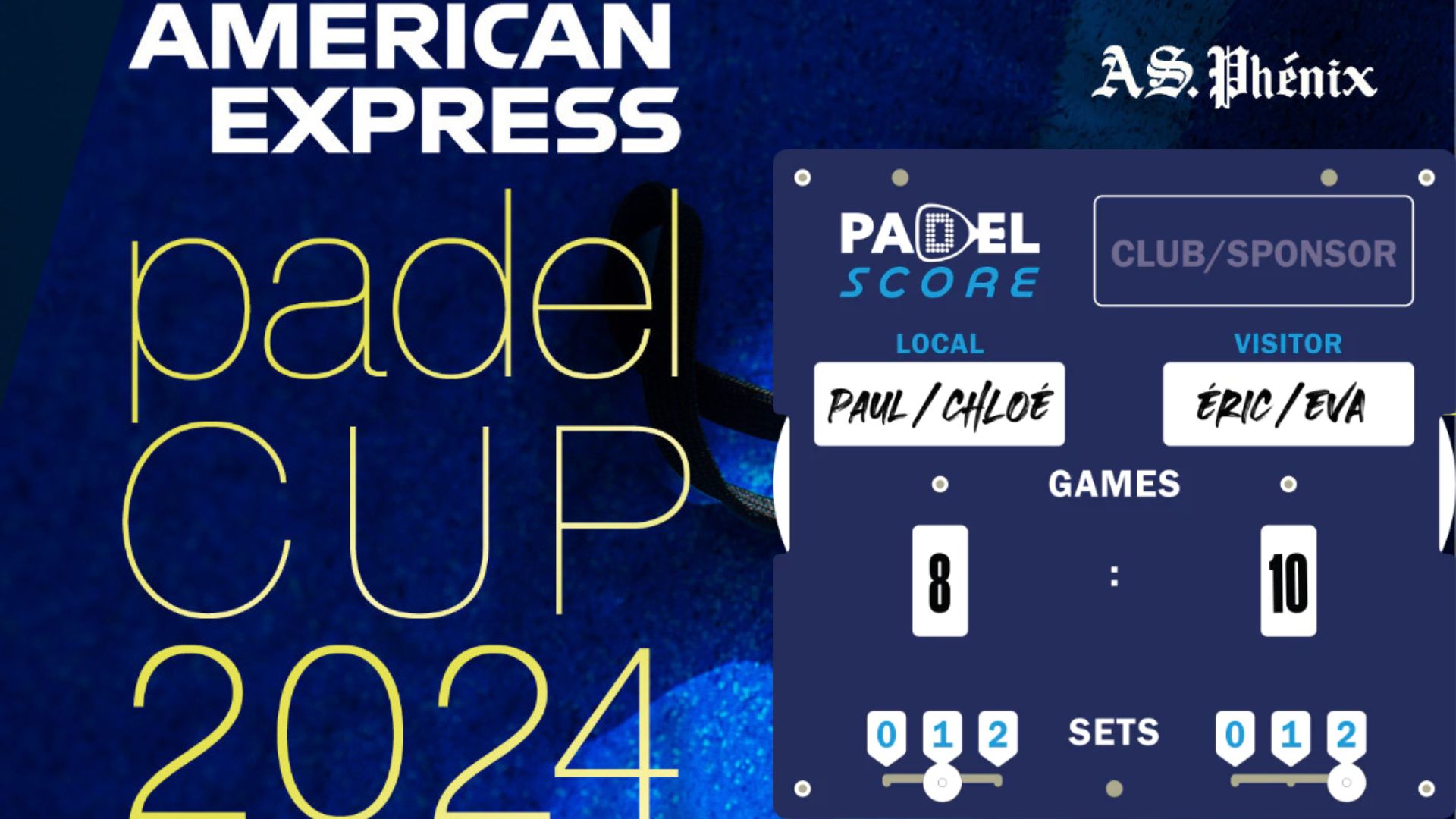 Padel Score comes to Tahiti for American Express Padel Cup!
Padel Score comes to Tahiti for American Express Padel Cup!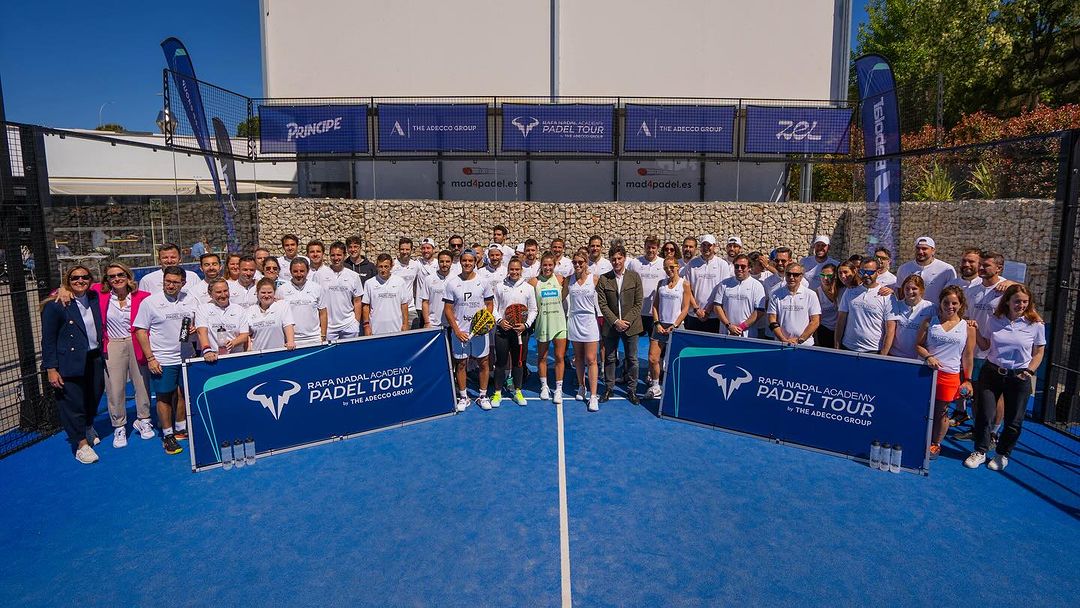 Do you know the Rafa Nadal Academy Tour?
Do you know the Rafa Nadal Academy Tour?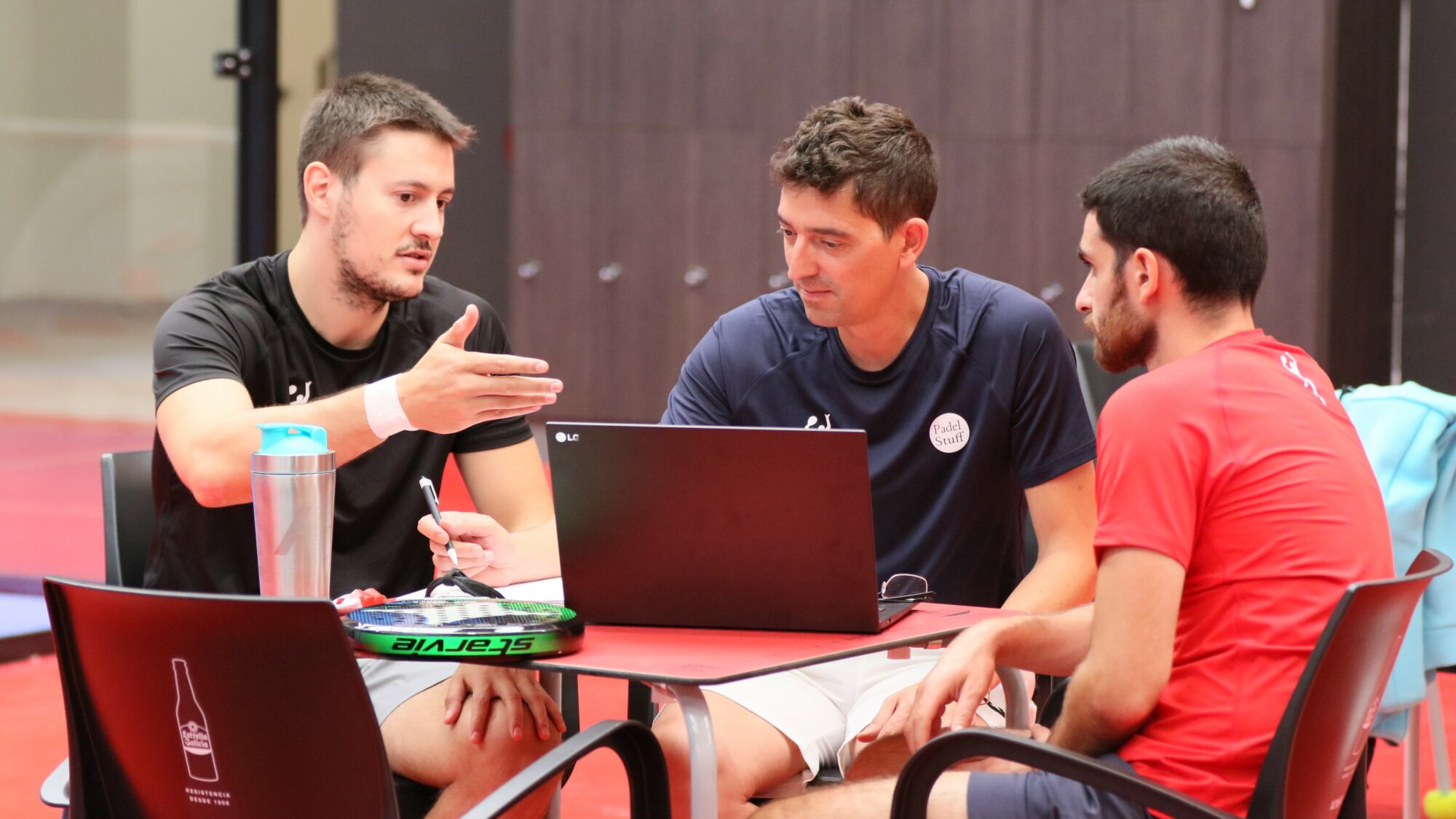 At the heart of padel – Episode 25: Paul and Andoni answer your questions
At the heart of padel – Episode 25: Paul and Andoni answer your questions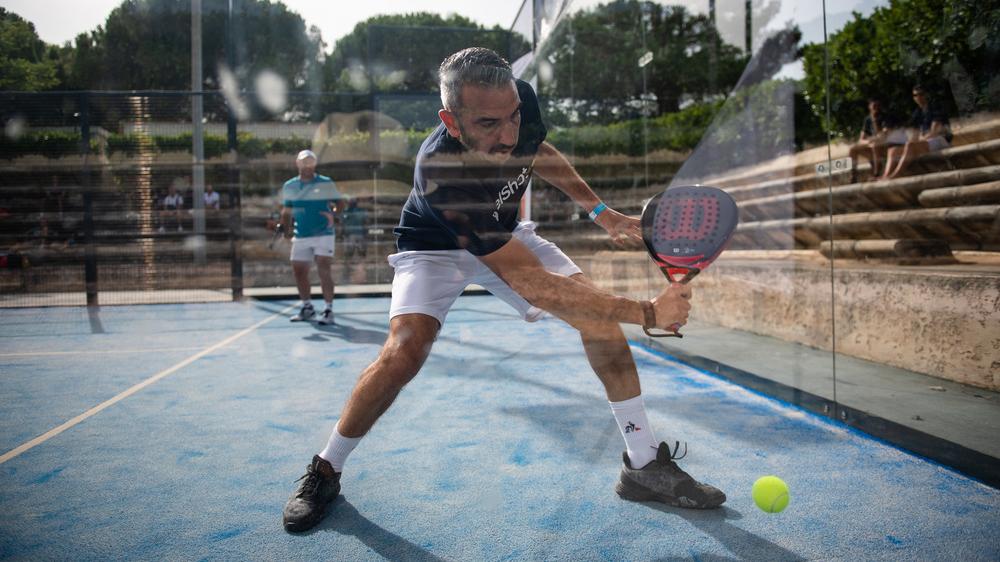 Simon Boissé: “We know that there are two nations in front of us”
Simon Boissé: “We know that there are two nations in front of us”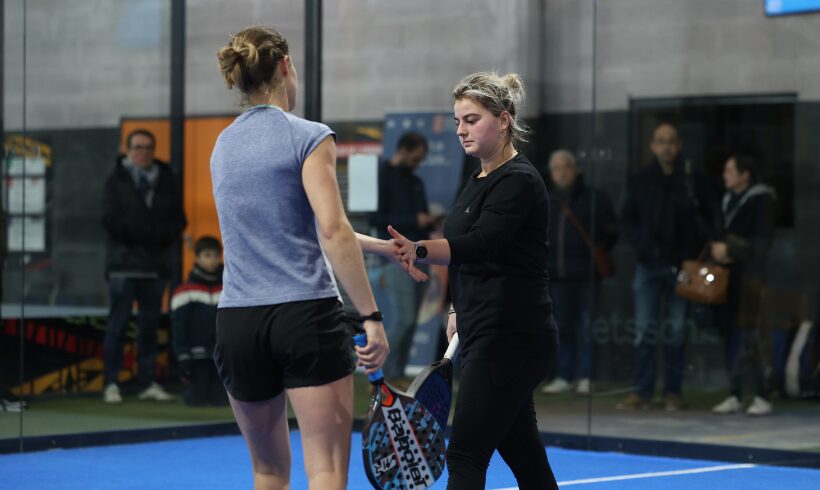 Marie Maligo: “This period of frequent changes of partners was beneficial for me”
Marie Maligo: “This period of frequent changes of partners was beneficial for me”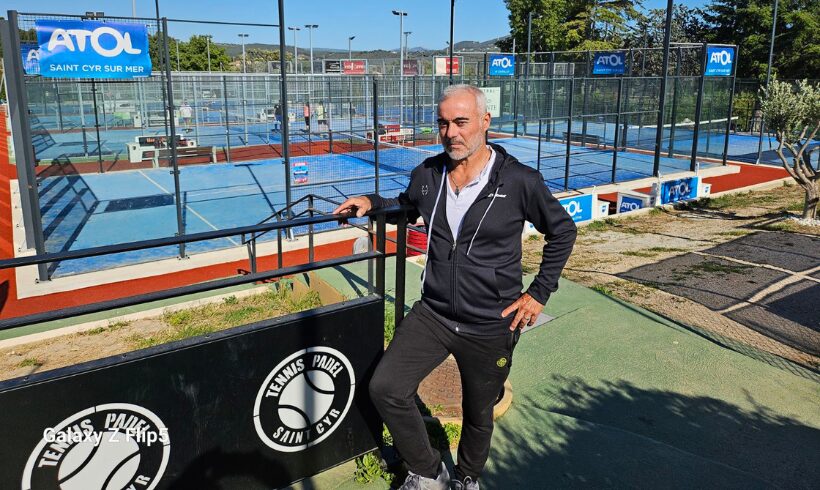 Alain Idier: “Adding tracks of padel, without sacrificing tennis”
Alain Idier: “Adding tracks of padel, without sacrificing tennis”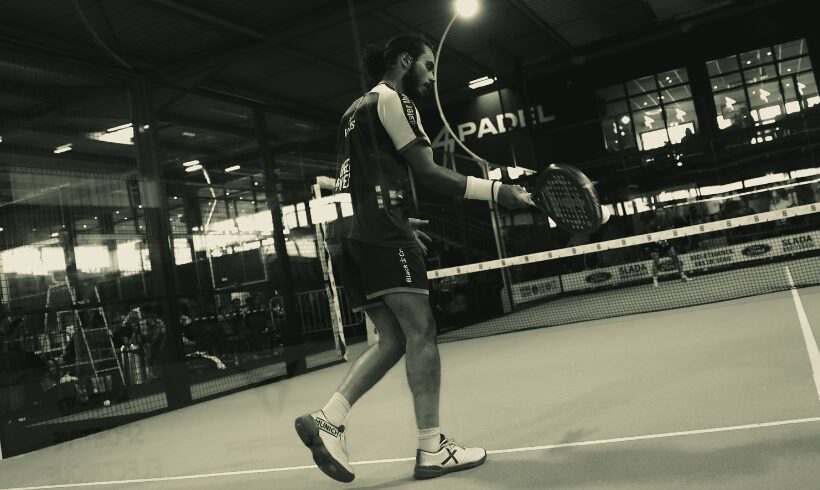 Manuel Vives: “It’s extremely difficult to get by financially”
Manuel Vives: “It’s extremely difficult to get by financially” Mind Padel Lyon and the Auvergne Rhône-Alpes League innovate with team tournaments
Mind Padel Lyon and the Auvergne Rhône-Alpes League innovate with team tournaments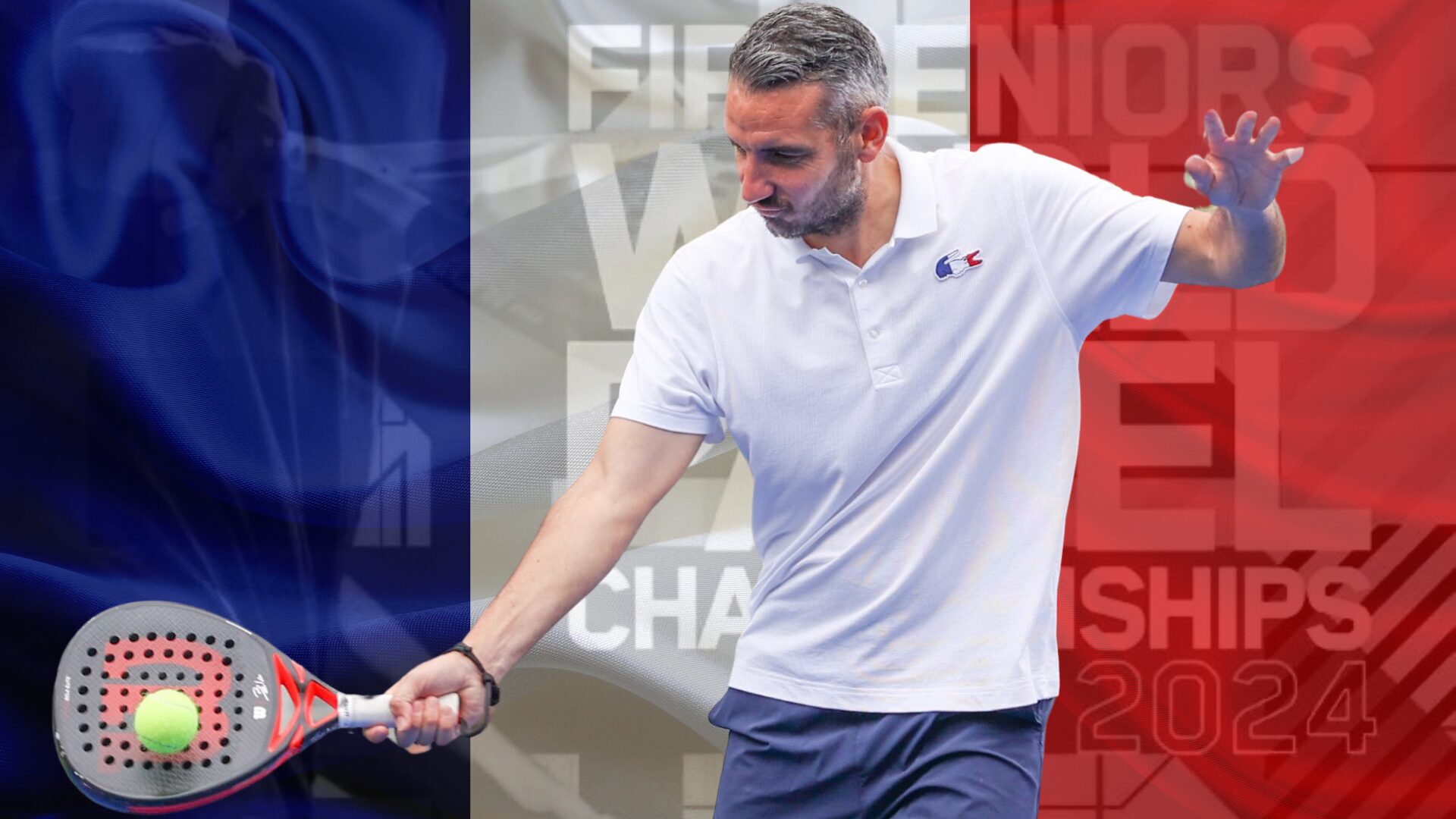 Simon Boissé: “We know that there are two nations in front of us”
Simon Boissé: “We know that there are two nations in front of us”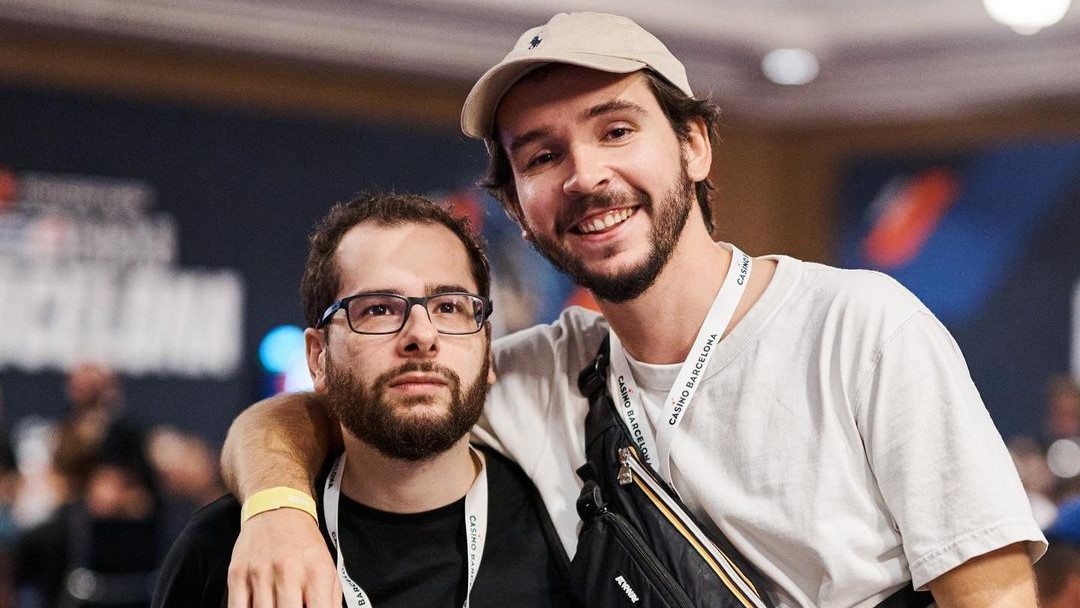 Team PAX (Domingo / Xari) returns to victory
Team PAX (Domingo / Xari) returns to victory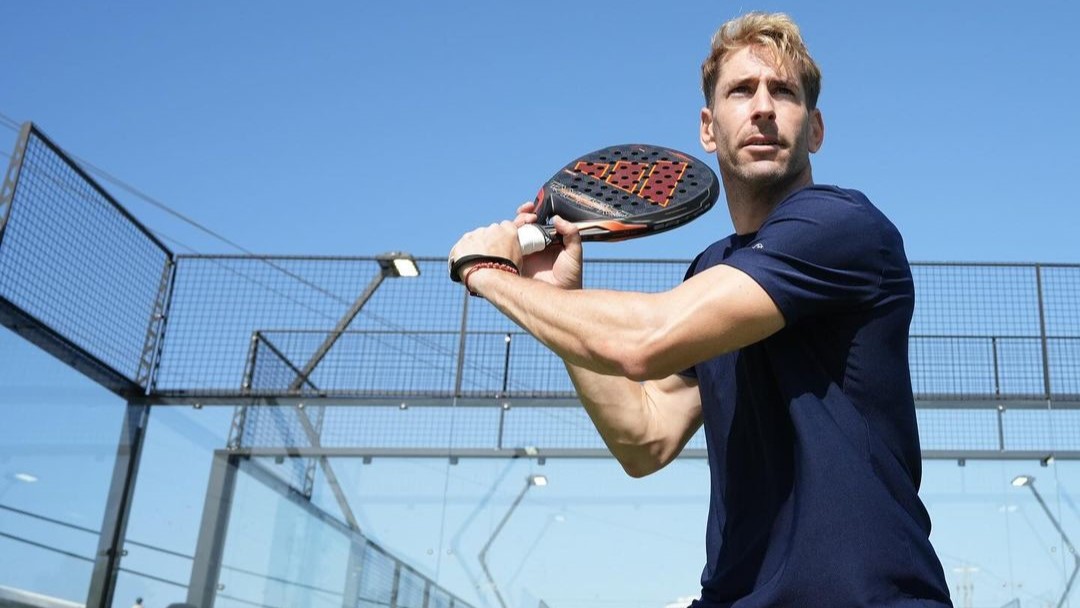 Alex Ruiz: “Finding joy again with Momo”
Alex Ruiz: “Finding joy again with Momo”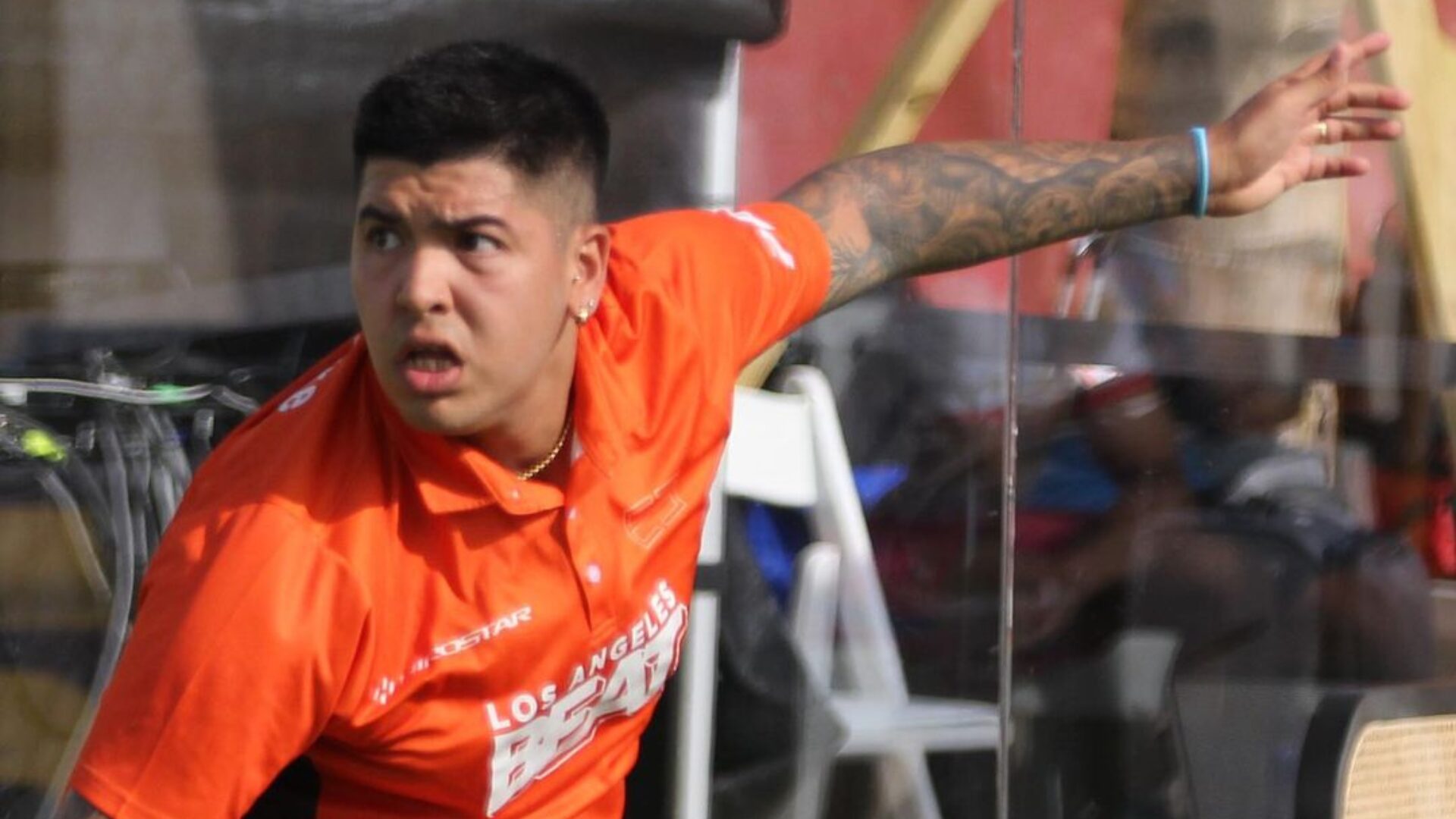 Nerone: “Tolito is not a normal player”
Nerone: “Tolito is not a normal player” P2 Brussels – Like a new school year!
P2 Brussels – Like a new school year!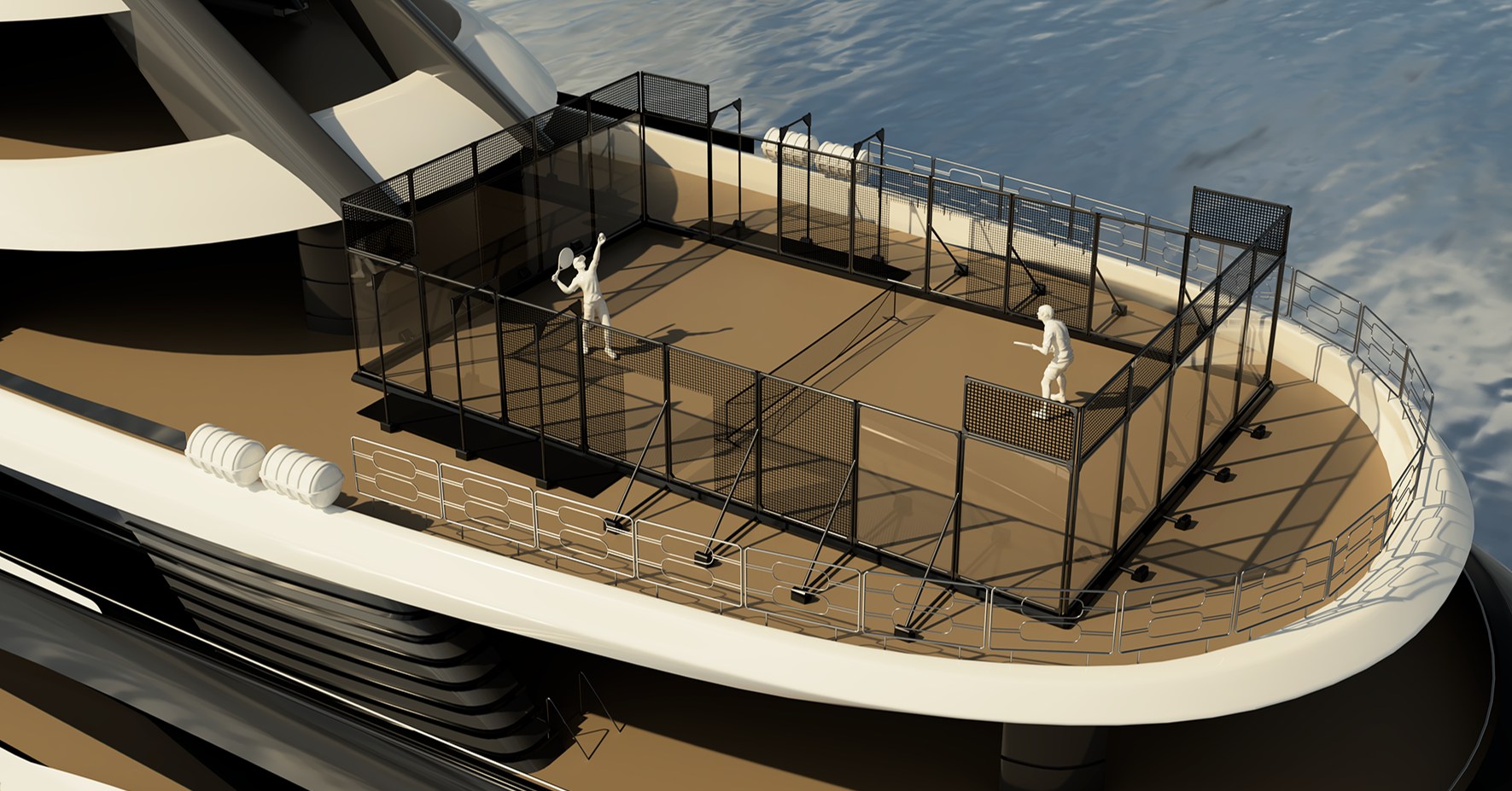 Play at padel on his yacht? Possible for €233.000!
Play at padel on his yacht? Possible for €233.000!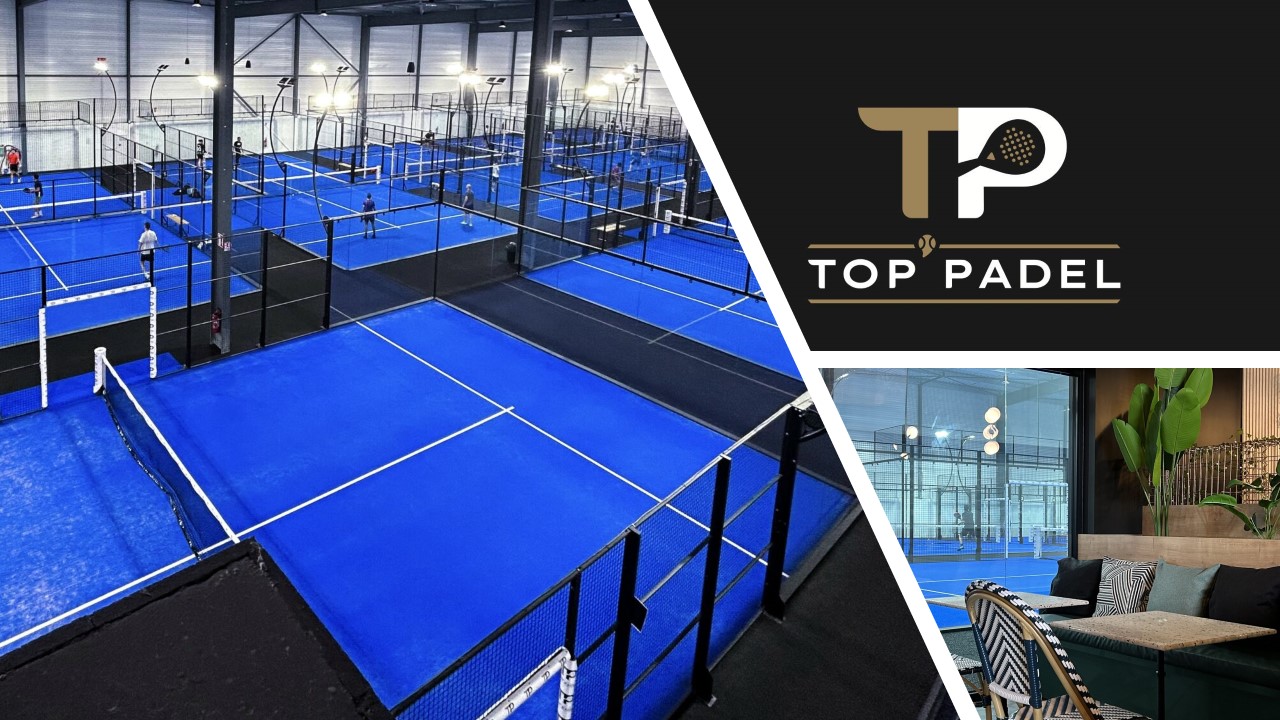 TOP Padel : “A premium club with 10 slopes in Toulouse”
TOP Padel : “A premium club with 10 slopes in Toulouse”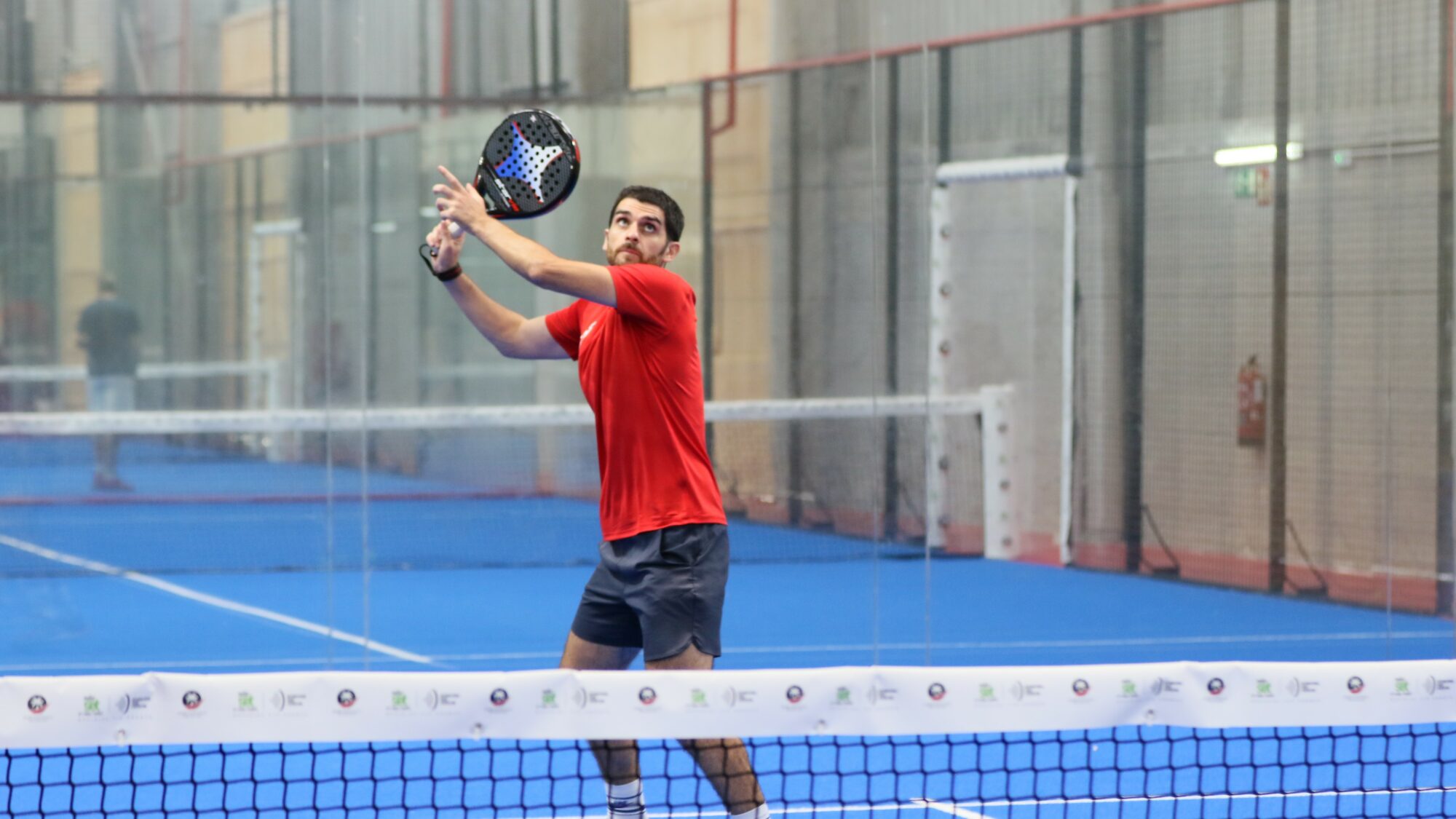 At the heart of padel – Episode 25: Paul and Andoni answer your questions
At the heart of padel – Episode 25: Paul and Andoni answer your questions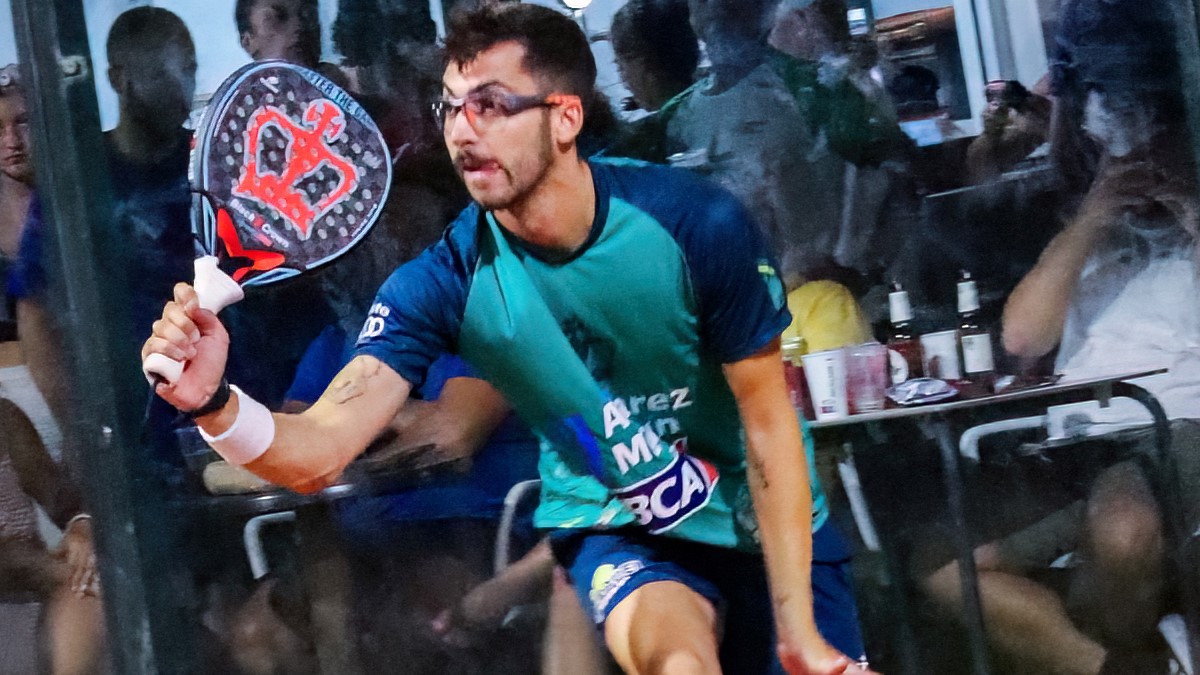 Tactical padel – What to do when faced with players who systematically stay at the bottom?
Tactical padel – What to do when faced with players who systematically stay at the bottom?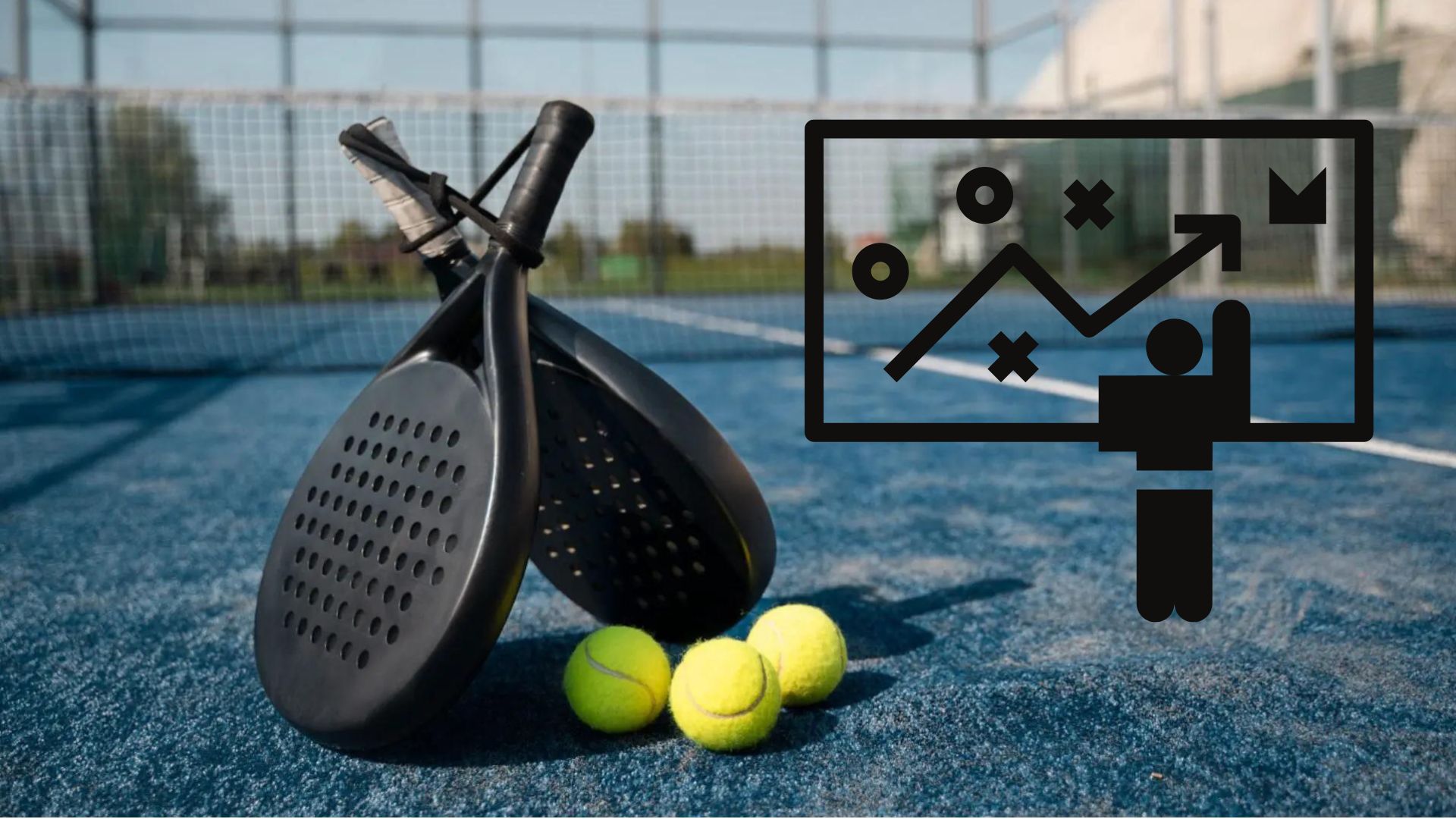 The basic tactics of padel
The basic tactics of padel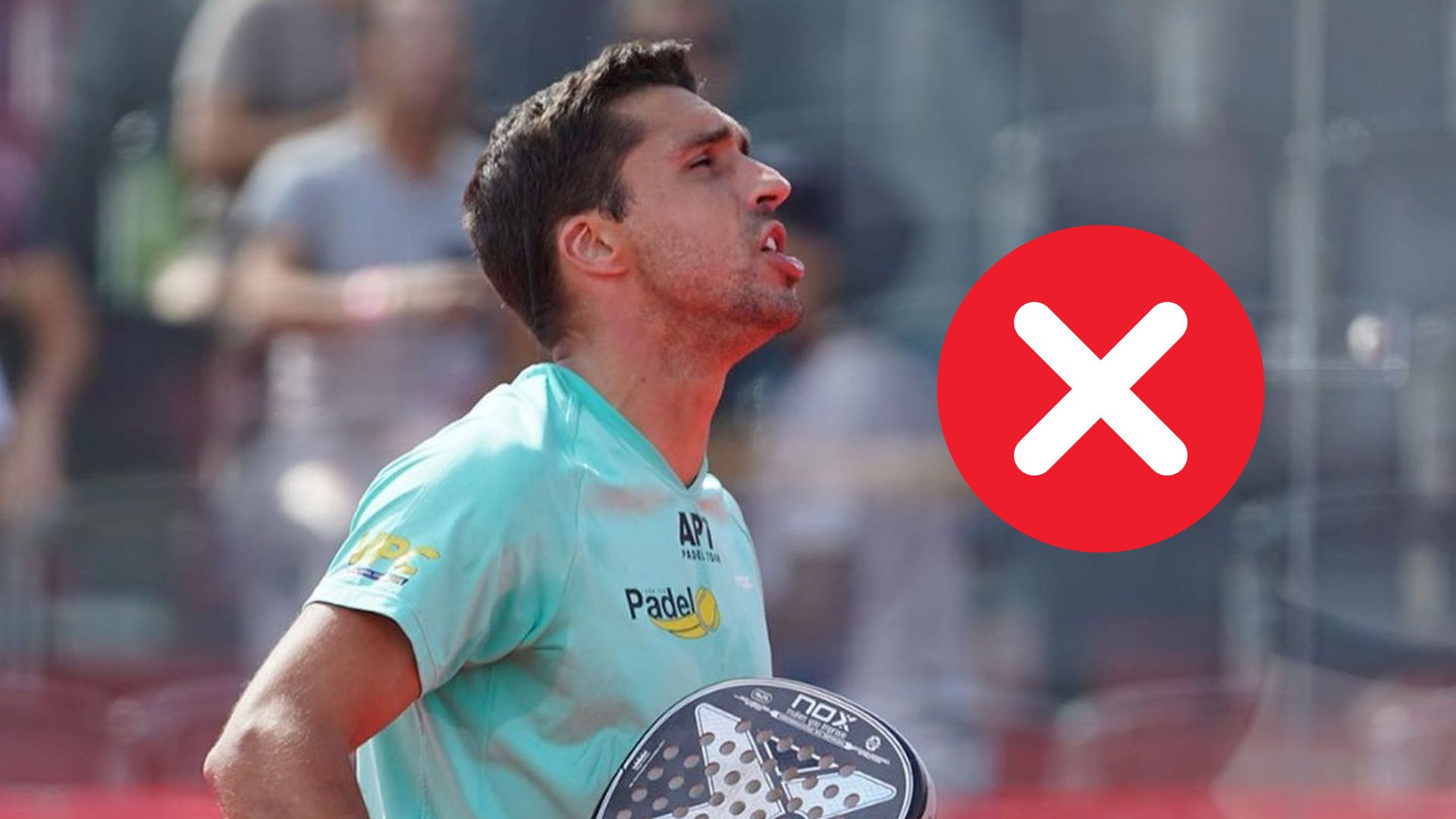 A par 4 is always a winner...even if you manage to defend it!
A par 4 is always a winner...even if you manage to defend it!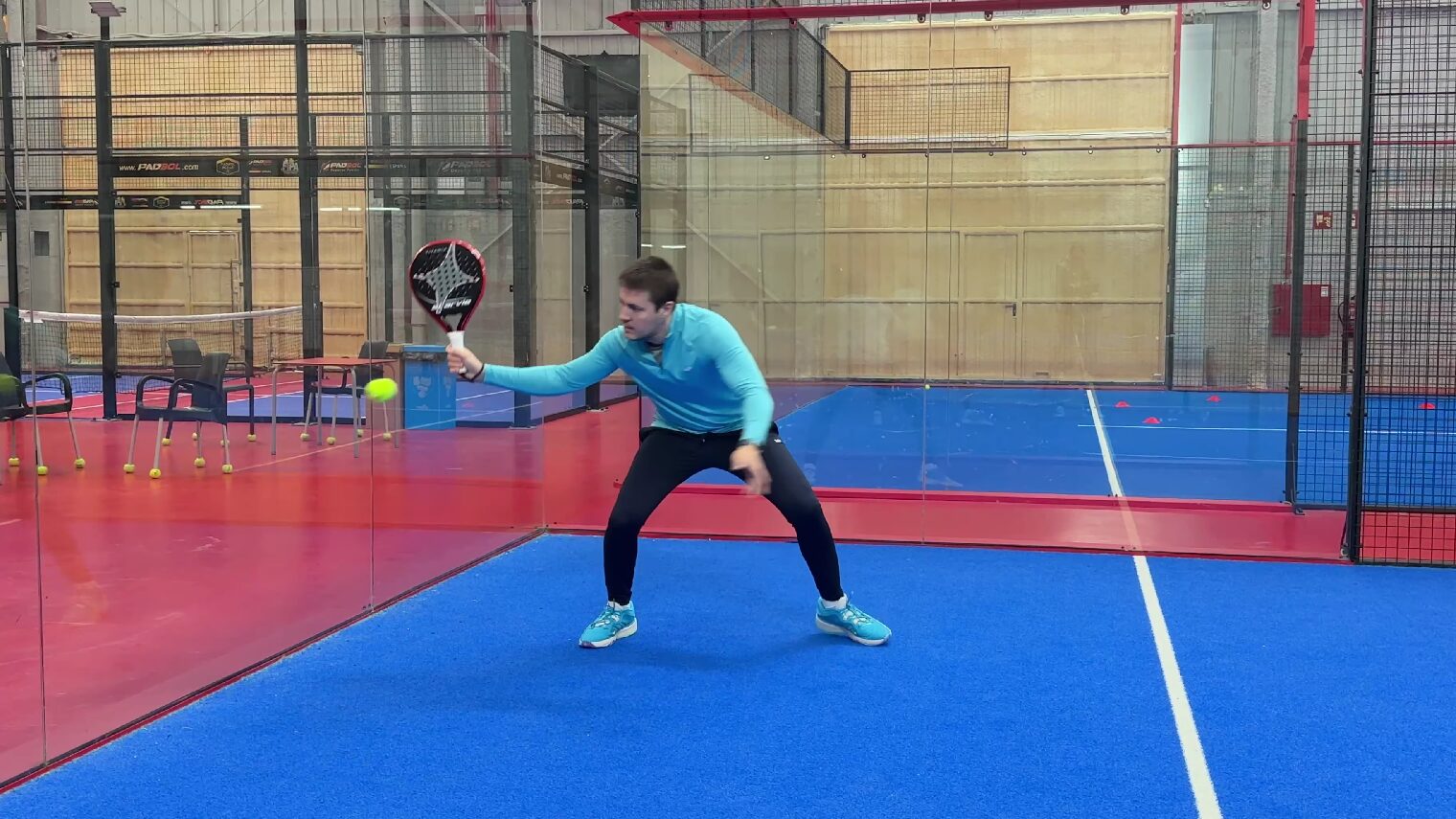 At the heart of padel – Episode 23: defend the window well
At the heart of padel – Episode 23: defend the window well Prohibition on playing topless Padel : the reasons
Prohibition on playing topless Padel : the reasons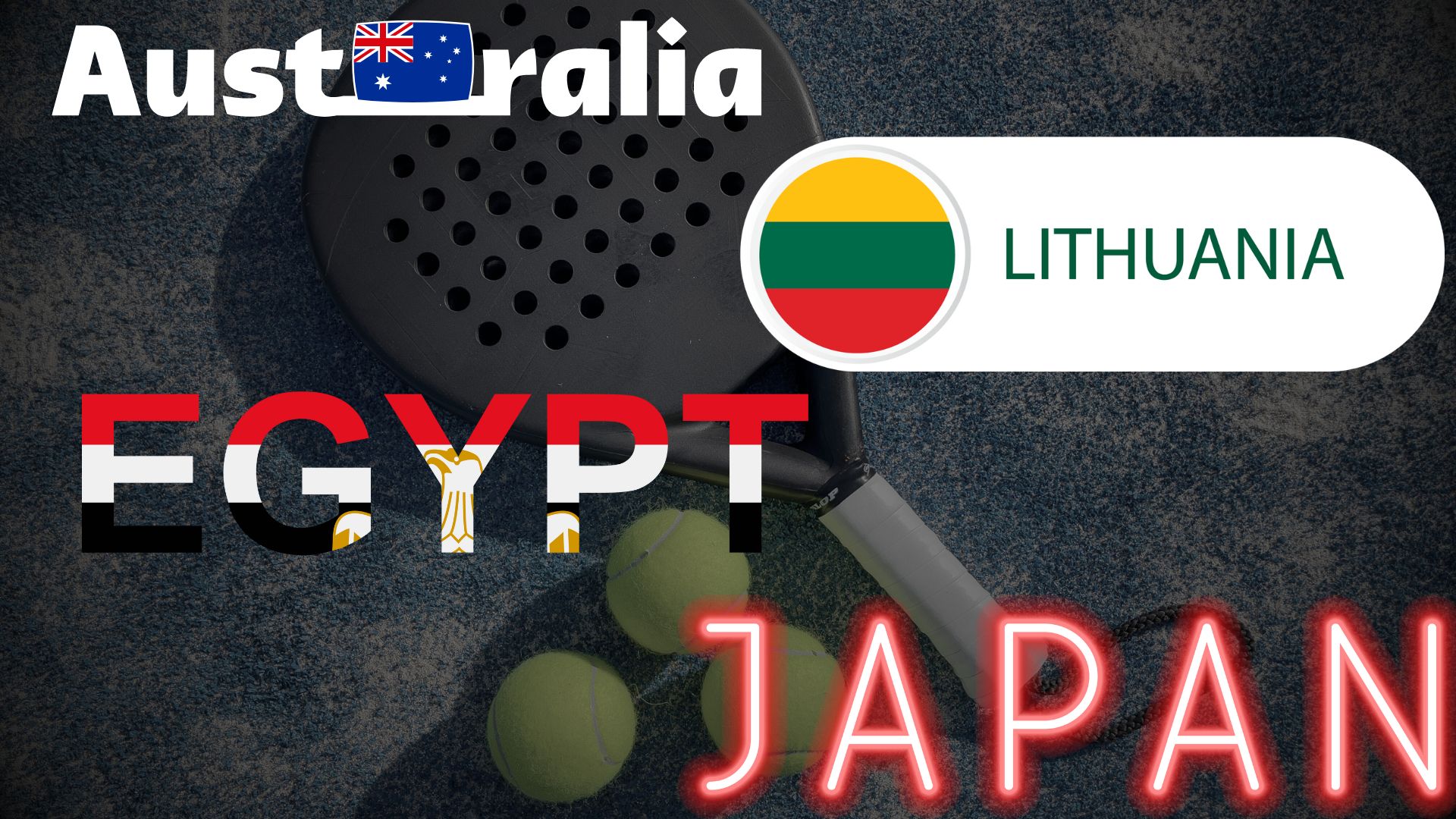 FIP Tour – Going far from Europe, THE strategy to earn points!
FIP Tour – Going far from Europe, THE strategy to earn points!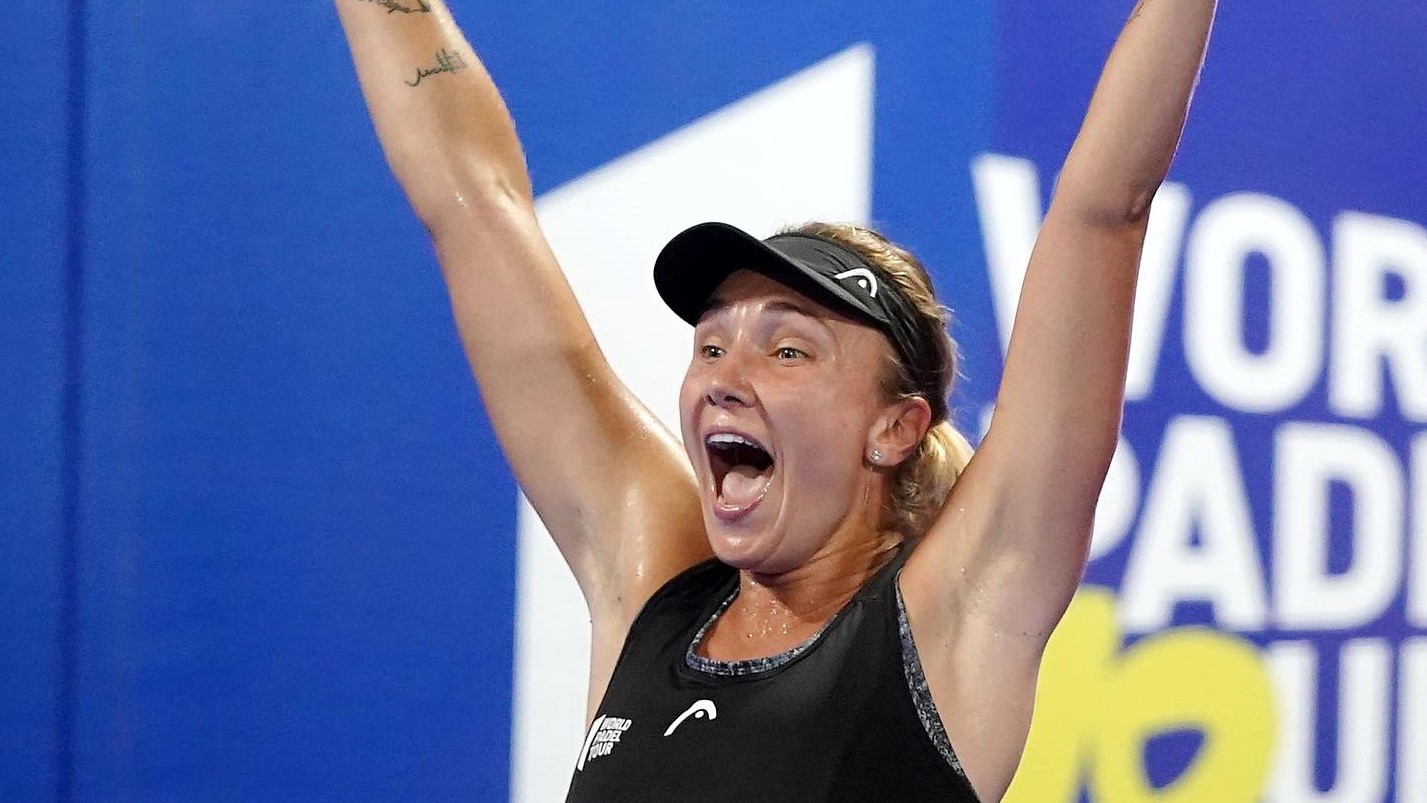 What is a good football player? padel ?
What is a good football player? padel ? “Lefties give me headaches when I play against them!”
“Lefties give me headaches when I play against them!”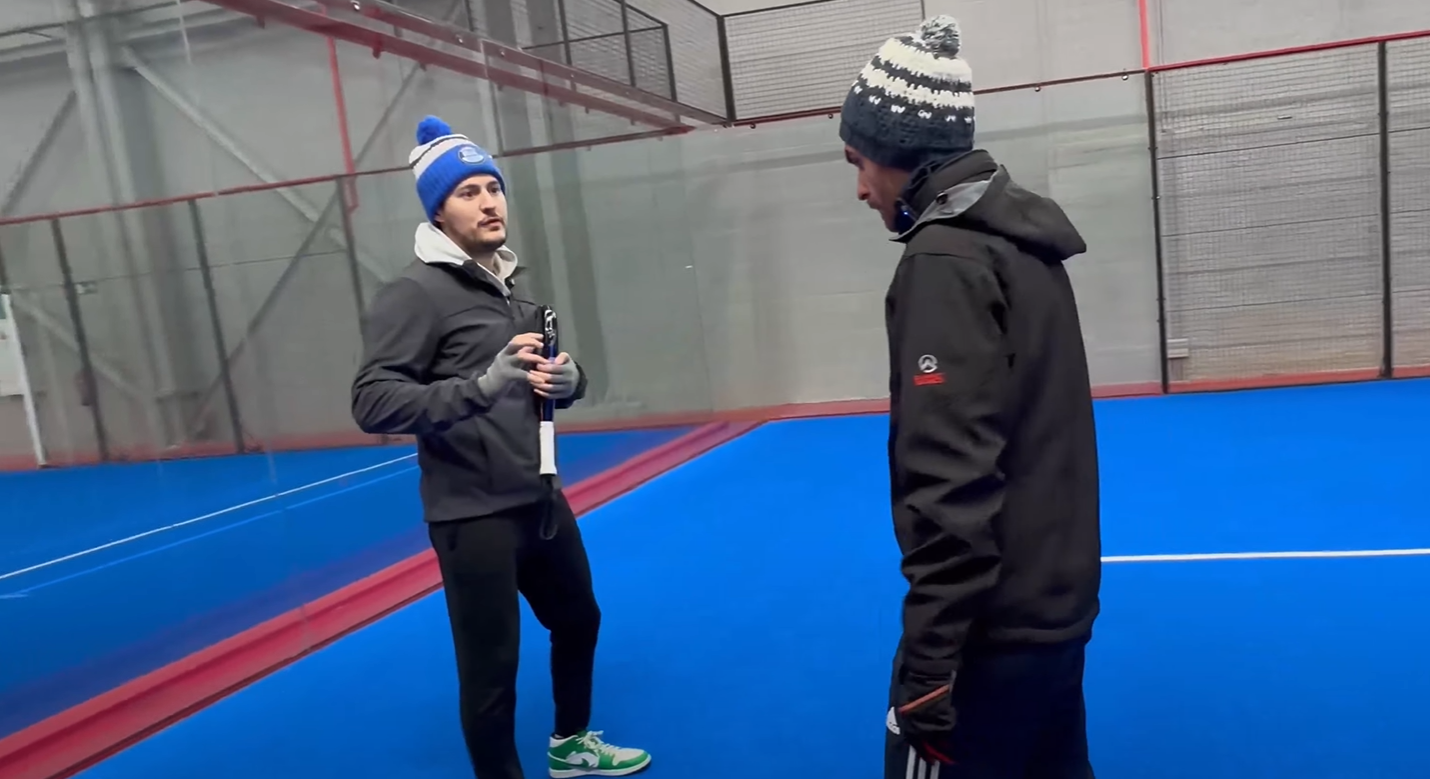 At the heart of padel – Episode 14: how to earn points in winter?
At the heart of padel – Episode 14: how to earn points in winter?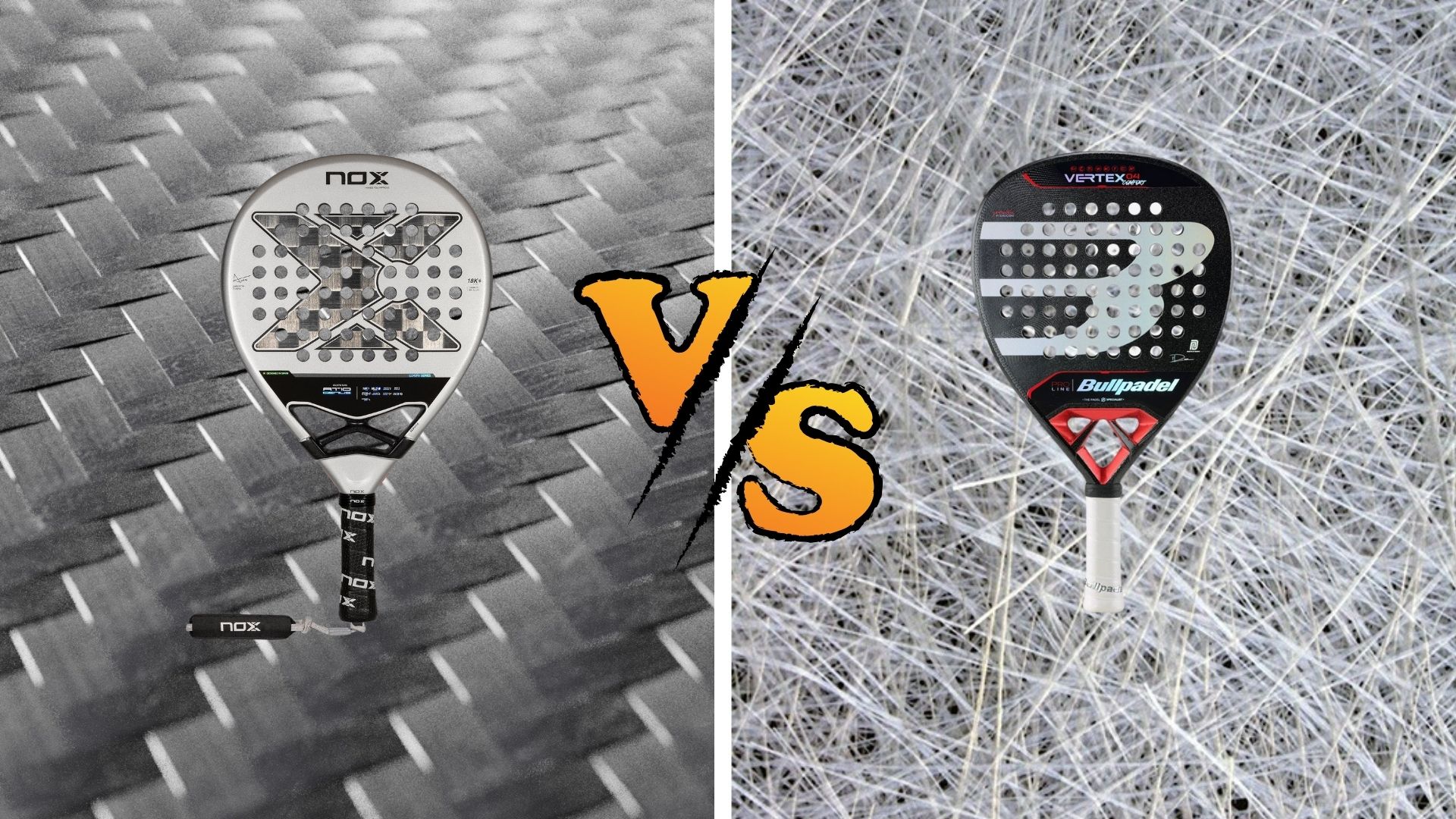 Carbon fiber VS fiberglass: what to choose?
Carbon fiber VS fiberglass: what to choose?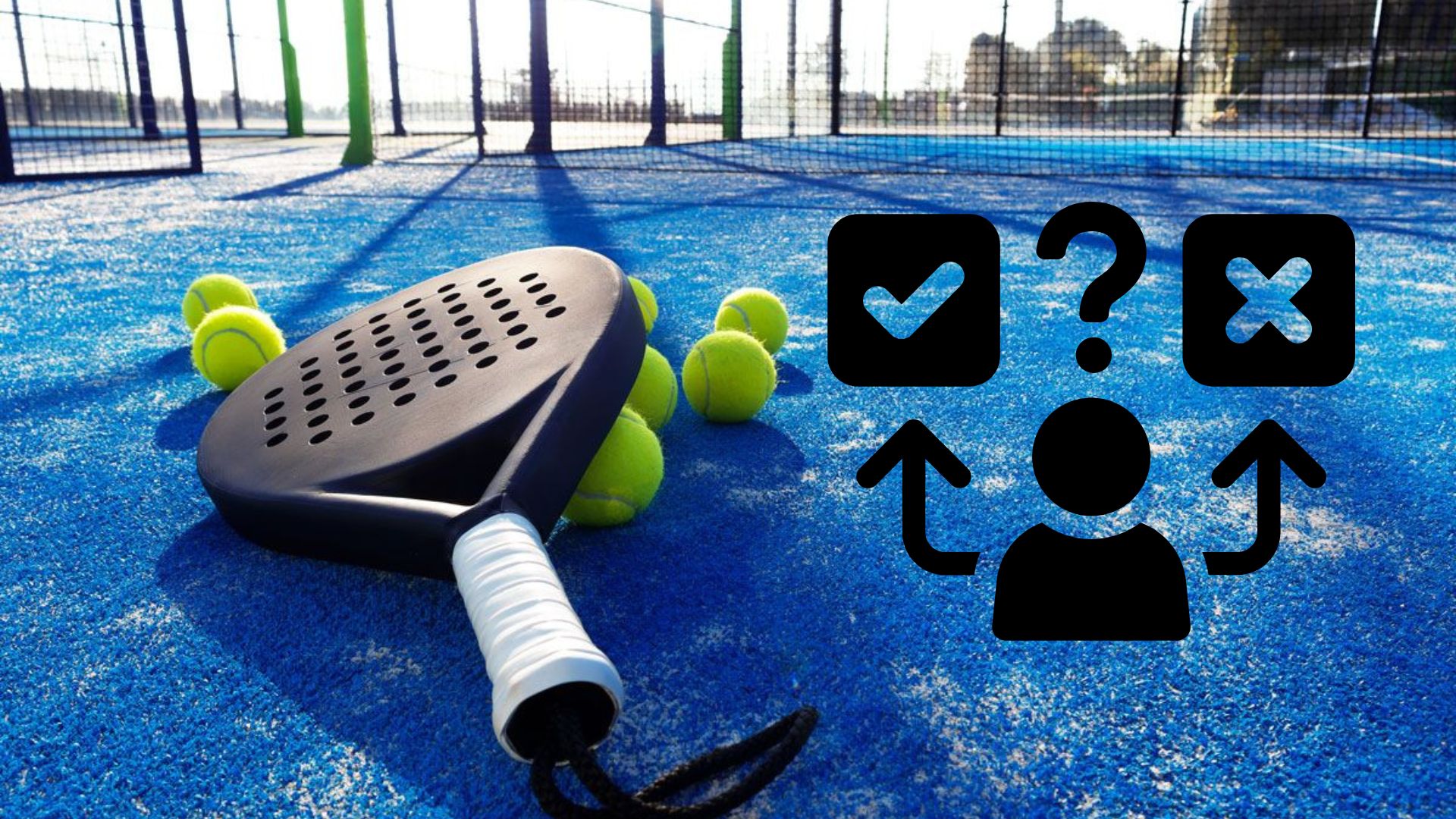 How to effectively test a racket padel ?
How to effectively test a racket padel ?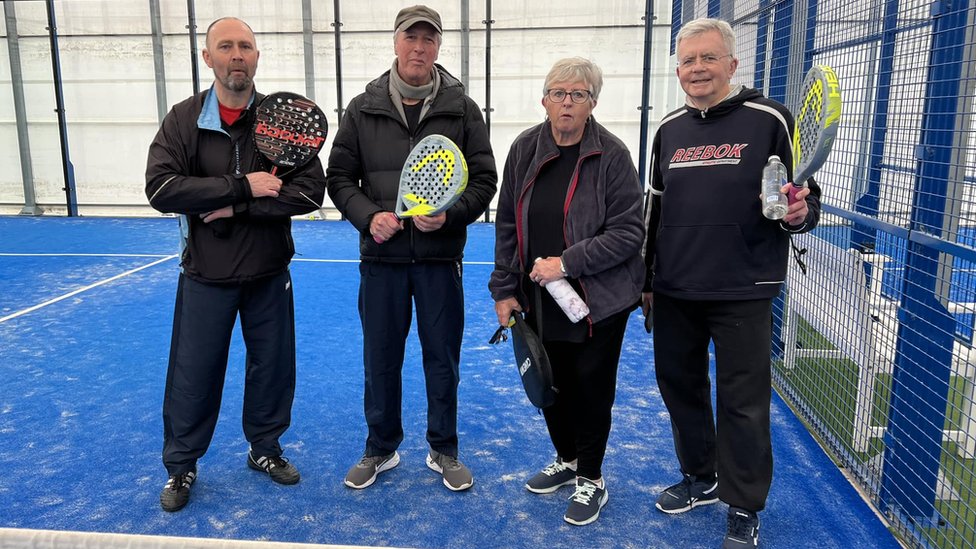 La padel to fight Parkinson's disease
La padel to fight Parkinson's disease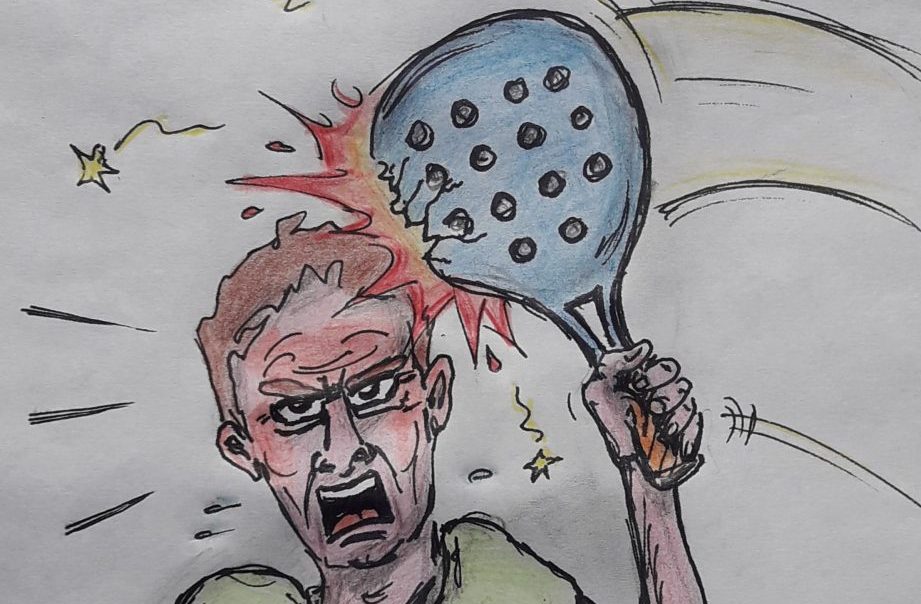 Don't play with a cracked or broken racket, your body will thank you!
Don't play with a cracked or broken racket, your body will thank you! Michel Cymes: “The padel, physically, it’s serious!”
Michel Cymes: “The padel, physically, it’s serious!”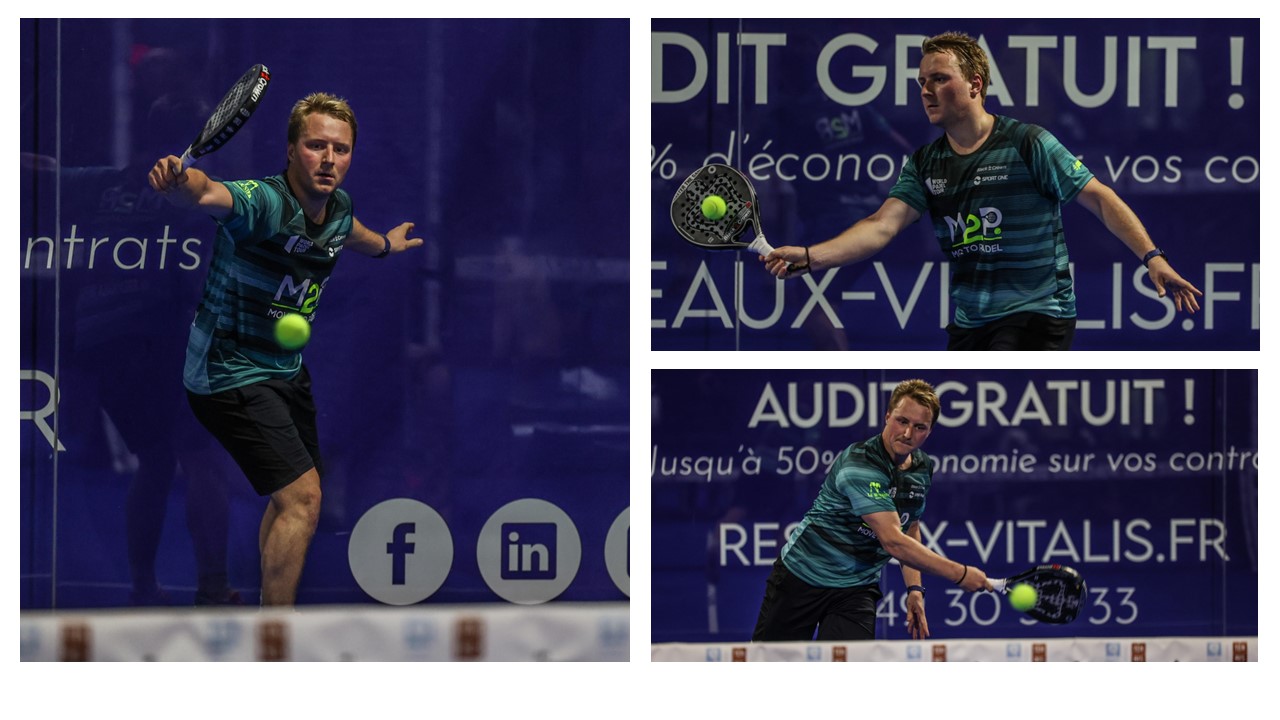 Jeremy Gala: “Promote the padel among young people in Belgium remains a challenge”
Jeremy Gala: “Promote the padel among young people in Belgium remains a challenge” The French Touch Academy organizes its selection day Padel-Study
The French Touch Academy organizes its selection day Padel-Study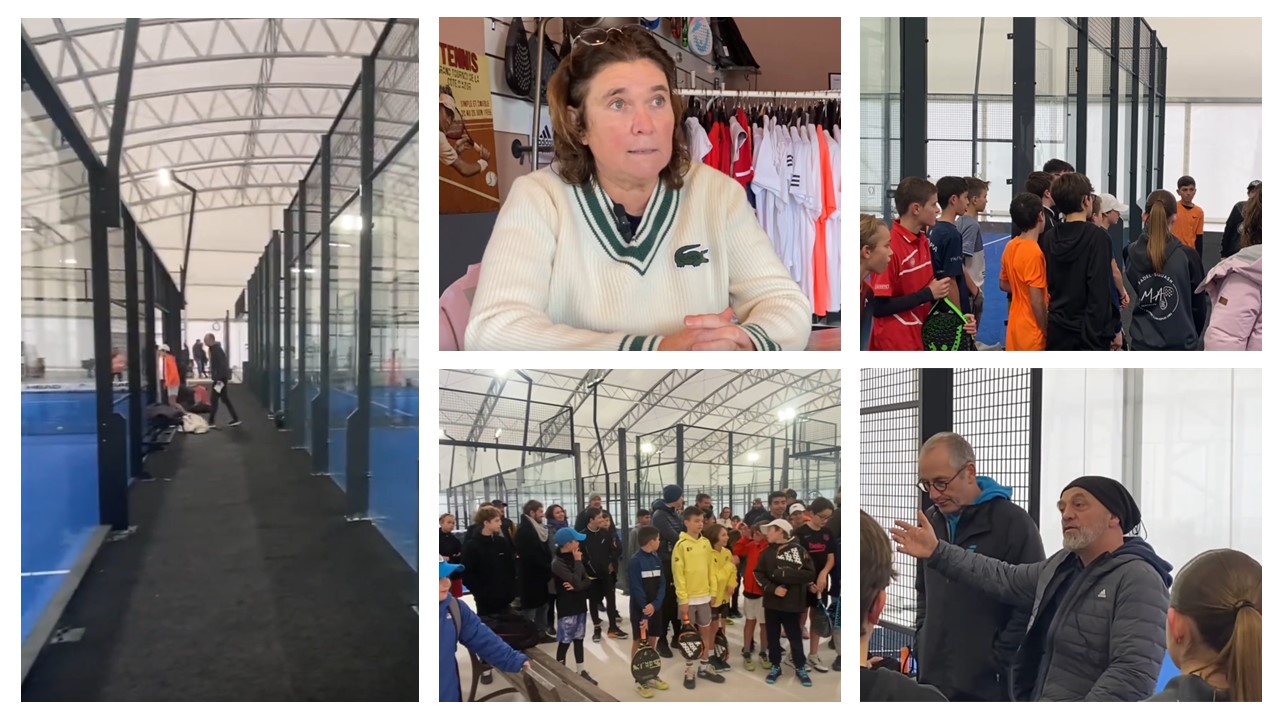 Report on the detection and training of younger generations
Report on the detection and training of younger generations Player's adult courses from April 8 to 21, 2024!
Player's adult courses from April 8 to 21, 2024!